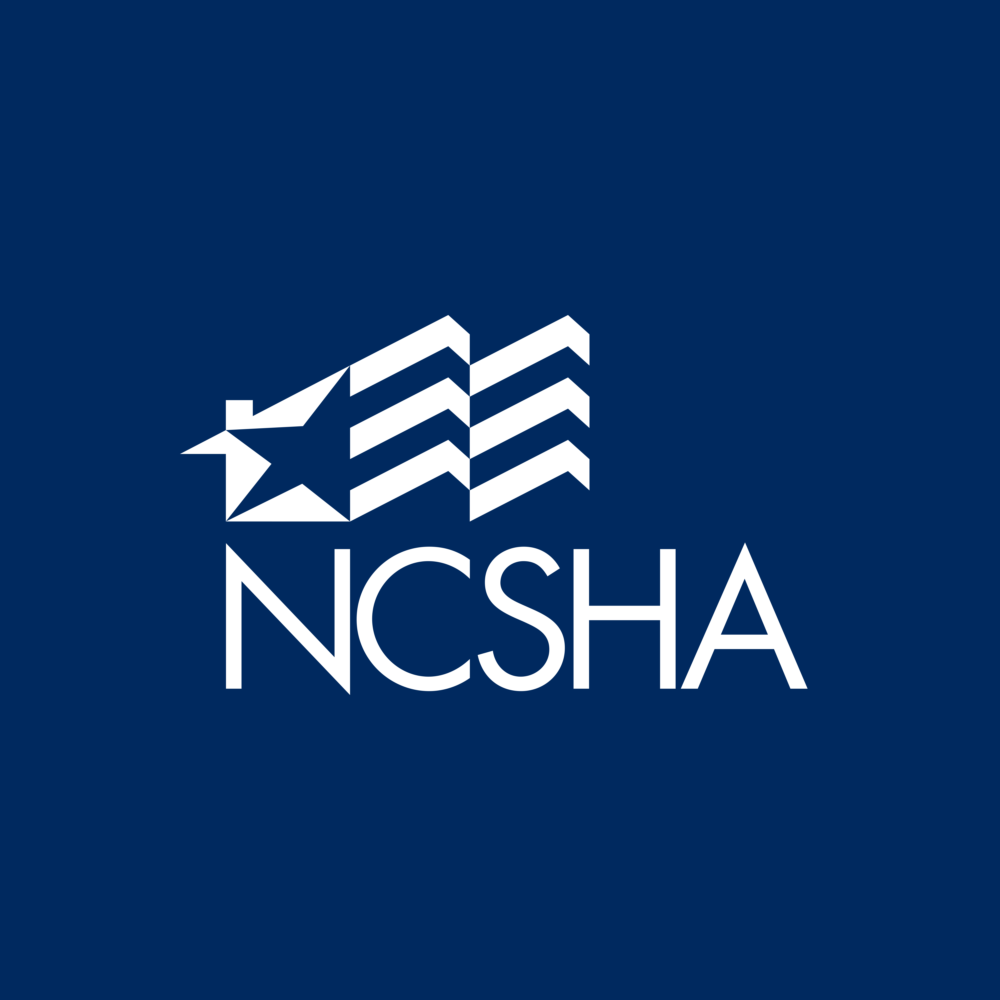NCSHA Blogs
Housing Credit Legislation Introduced Today with Wide Bipartisan Support
Today, Housing Credit champions in both chambers of Congress reintroduced the Affordable Housing Credit Improvement Act (AHCIA), comprehensive legislation that would expand and strengthen the Low-Income Housing Tax Credit (Housing Credit). The lead sponsors of the bill are Senators Maria Cantwell (D-WA), Todd Young (R-IN), Ron Wyden (D-OR), and Marsha Blackburn (R-TN) and House of Representatives members Darin LaHood (R-IL), Suzan DelBene (D-WA), Brad Wenstrup (R-OH), Don Beyer (D-VA), Claudia Tenney (R-NY), and Jimmy Panetta (D-CA).
HUD Announces 2023 Housing Trust Fund Allocations to States
Today, HUD allocated $382 million to states from the national Housing Trust Fund (HTF), which provides a source of capital funding to increase and preserve the supply of housing for people with the lowest incomes, including those experiencing homelessness. Funding for HTF comes from a modest contribution of new business income from the Government Sponsored Enterprises (GSEs), Fannie Mae and Freddie Mac, rather than federal appropriations.
NCSHA Submits Comments to HUD on Affirmatively Furthering Fair Housing
In its submitted comments, NCSHA applauds HUD for repealing the 2020 Preserving Community and Neighborhood Choice rule, which we believe would not have resulted in meaningful planning and strategies to meet the statutory obligation to affirmatively further fair housing, and for seeking to streamline and improve the 2015 Affirmatively Furthering Fair Housing rule rather than reinstating it without critical examination and revisions to reduce its substantial burden on HUD program participants. In general, NCSHA believes HUD has taken substantial steps towards improving the process for fair housing planning. However, NCSHA also believes HUD can and should do more to further streamline aspects of the rule, clarify program participants’ responsibility, and reduce duplication of efforts and better coordinate planning when different HUD program participants serve the same geographic areas.
EPA Releases Implementation Framework for Greenhouse Gas Reduction Fund
On April 19, the Environmental Protection Agency released a detailed implementation framework for its new Greenhouse Gas Reduction Fund (GGRF), authorized by the Inflation Reduction Act (IRA), which will invest $27 billion to finance projects that reduce greenhouse gas emissions and air pollution. The implementation framework provides detailed descriptions of program design, grant requirements, and application evaluation factors in advance of the publication of formal Notices of Funding Opportunities for the various GGRF components, anticipated as early as June. EPA is soliciting written comments on the GGRF implementation framework, and interested parties may send written feedback by May 12.
House, Senate Appropriations Subcommittees Discuss HUD’s FY24 Budget Proposal with Secretary Fudge
As the Fiscal Year 2024 funding cycle gets underway, the House and Senate Transportation, Housing, and Urban Development appropriations subcommittees held hearings on April 18 and April 20, respectively, featuring Secretary Marcia L. Fudge to evaluate the President’s FY24 Budget Request for the Department of Housing and Urban Development.
The Emergency Rental Assistance Program: Program Outlook and Outcomes at Year Two
Last month, the Treasury Department celebrated the second anniversary of the American Rescue Plan Act (ARPA), which authorized a number of key emergency housing programs in response to the coronavirus pandemic, including the second allocation of funds for the Emergency Rental Assistance (ERA) program. Under the congressionally set ERA formula, a large majority of these funds flowed through state agencies, including 28 HFAs, with some local governments receiving smaller direct grants. Just two years into the program, the vast majority of the $46.55 billion authorized for the program — $25 billion for ERA 1 enacted at the end of 2021 and $21.55 billion for ERA 2 enacted in ARPA in March 2022 — has been spent, providing rental and utility assistance to millions of families in need across the nation.
Treasury Highlights American Rescue Plan Act Achievements on Second Anniversary of Its Passage
This week, the Treasury Department celebrated the second anniversary of the signing of the American Rescue Plan Act (ARPA), which authorized key emergency programs in response to the coronavirus pandemic and the economic fallout it created. State housing finance agencies have played an integral role in the implementation of the ARPA programs that kept Americans stably housed during the pandemic and facilitated the financial feasibility of housing development despite a volatile economic environment. ARPA-authorized housing programs include the Emergency Rental Assistance (ERA) 2 program (ERA 1 having been authorized in other legislation shortly before ARPA’s enactment), the Homeowner Assistance Fund (HAF), the Coronavirus State and Local Fiscal Recovery Fund (FRF), and the HOME-ARP program at HUD.
Biden – Harris Administration Releases Additional Details on FY24 Budget Proposal
The Biden – Harris Administration has released supplementary materials for its Fiscal Year 2024 (FY24) budget request, including appendices and congressional justifications for relevant agencies. This blog post, which supplements NCSHA’s initial overview of the FY24 budget request, highlights several items that may be of particular interest for HFAs.
Biden – Harris Administration Announces Reduction in Annual Insurance Premium for FHA Home Buyers
The Biden – Harris Administration yesterday announced that the U.S. Department of Housing and Urban Development (HUD) would lower annual mortgage insurance premiums for Federal Housing Administration-insured home purchase loans. FHA explained the changes in further detail in a mortgagee letter released yesterday morning.
White House Announces Actions to Protect Renters and Promote Rental Affordability
Earlier today the White House released a fact sheet on the Biden – Harris Administration’s actions to protect renters and promote rental affordability. The actions fall into two major areas. The first is a Blueprint for a Renters Bill of Rights that will guide a number of federal agency actions to identify practices that unfairly treat tenants in and applicants for rental housing, including the Federal Trade Commission, Consumer Financial Protection Bureau, Federal Housing Finance Agency, and the Departments of Justice and Housing and Urban Development.









